#the birth of a nation
Text

Nat Turner: A Rebel's Quest for Freedom and Inspiring Resistance
#nat turner#black power#south hampton vrginia#the birth of a nation#black excellence#slave rebellion#tik tok#black tik tok
144 notes
·
View notes
Text
#talkin#tik tok#ebonywarriorstudios#ulysses s grant#the civil war#racism#reconstruction#kkk#ku klux klan#woodrow wilson#the birth of a nation
242 notes
·
View notes
Text

On January 1, 1915, audiences filed into the Loring Opera House in Riverside, California, for a sneak preview of D.W. Griffith’s first full-length feature film, THE CLANSMAN, later renamed THE BIRTH OF A NATION. #OnThisDay
21 notes
·
View notes
Video
youtube
Harry Belafonte in BlacKkKlansman (2018)
Actor, singer, and civil rights activist Harry Belafonte died today at his home in New York City at the age of 96. Belafonte, whose acting career made him a contemporary (and the last surviving stalwart) of a generation that included Sidney Poitier, Ruby Dee, Dorothy Dandridge, Ossie Davis, and Diahann Carroll, often took long hiatuses from moviemaking to pursue his musical and political interests. Despite a breakout 1950s in his acting career, Belafonte acted in zero films in the 1960s, at the height of the Civil Rights Movement. He would no longer be interested in working on films that contained no elements of social justice.
In his final narrative film appearance (and first since 2006), Belafonte appeared in Spike Lee’s BlacKkKlansman (2018) as an elderly activist recounting to young black activists the 1916 lynching of Jesse Washington (while paralleling Adam Driver’s character working undercover within a local branch of the Ku Klux Klan in order to root it out). One of the catalysts to Washington’s lynching was D.W. Griffith’s seminal The Birth of a Nation (1915) - a cinematically important but virulently racist work that gave rise to the modern KKK - which appears in the second half of this clip.
#Harry Belafonte#BlackKkKlansman#Spike Lee#John David Washington#Adam Driver#The Birth of a Nation#D.W. Griffith#silent film#Civil Rights#Civil Rights Movement
61 notes
·
View notes
Photo
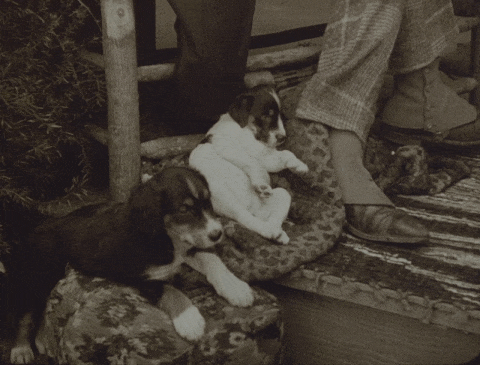
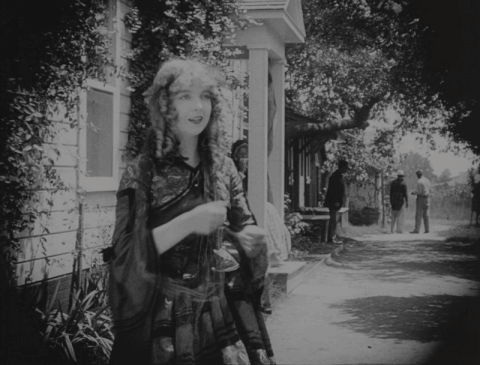
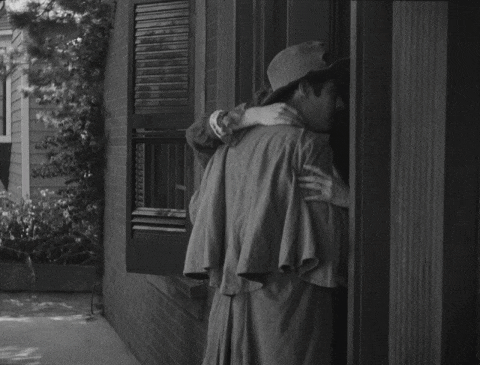
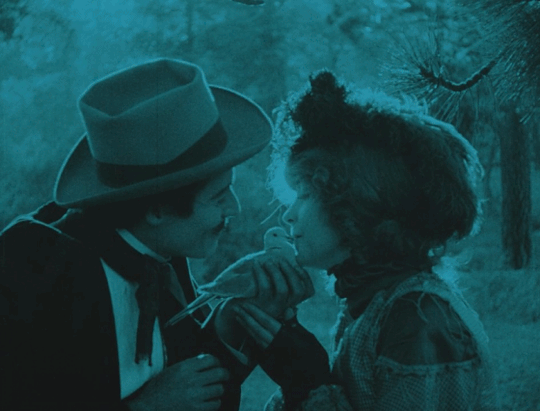
The Birth of a Nation (D.W. Griffith, 1914)
#the birth of a nation#d.w. griffith#d. w. griffith#griffith#henry b. walthall#lillian gish#dog#gif#dove#1914#silent film#silent movies#silent cinema#silent
55 notes
·
View notes
Text
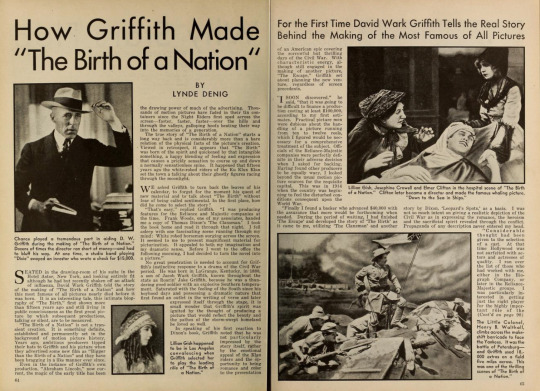

1962.
During the height of the Civil Rights Movement, the ku klux klan hosted screenings of D.W. Griifth's The Birth of a Nation to raise money.
7 notes
·
View notes
Text

The Birth of a Nation (D.W. Griffith, 1915)
Cast: Lillian Gish, Mae Marsh, Henry B. Walthall, Miriam Cooper, Mary Alden, Ralph Lewis, George Siegmann, Walter Long, Robert Harron, Wallace Reid, Joseph Henabery, Elmer Clifton, Josephine Crowell, Spottiswoode Aitken, George Beranger, Maxfield Stanley, Jennie Lee, Donald Crisp, Howard Gaye, Raoul Walsh. Screenplay: Thomas Dixon Jr., D.W. Griffith, Frank E. Woods, based on a novel and play by Dixon. Cinematography: G.W. Bitzer. Film editing: D.W. Griffith, Joseph Henabery, James Smith, Rose Smith, Raoul Walsh.
Is it an overstatement to say that the stench of The Birth of a Nation is more than a subset of the blight cast on American society and politics by slavery? Because Griffith's film informed an entire industry, not only with its undeniable influence on the language and grammar of film, but also in the tendency to valorize bigness above intimacy, action over thought, sensation over understanding that has characterized the mainstream of American movies. It was the first blockbuster. It was both intelligently crafted and abominably stupid. It just might be the most pernicious work of art ever made, a magnificent nauseating lie. Its portrait of Reconstruction warped the teaching of history for generations, and although the resurgence of the Ku Klux Klan that it inspired has waned, we still find ourselves swatting down the heirs of the Klan like the Proud Boys, the Promise Keepers, and others who would defend what one of Griffith's title cards calls the "Aryan birthright." Even the reaction against The Birth of a Nation has its dark side: The recognition of the power of movies that followed its release eventually produced calls for censorship that would hamstring the medium. On the right, a suspicion that movies had the power to promote a leftist agenda led to the blacklist era, in which communists, not racists, were the target. And what is the crusade by some against "wokeness" in the media but another call for the kind of ideological purity that would stifle art? So to call The Birth of a Nation an essential film is an understatement. Looking at it as a demonstration of the ability of cinema to profoundly affect society could reveal it to be the most important movie ever made.
3 notes
·
View notes
Text


Armie as Samuel Turner
The Birth of a Nation (2016)
Armie said being on the set of the film "Birth of a Nation" was not as fun other movies because of the film’s extremely weighty topics.
"It’s hard, man. It was not a fun movie to make in the sense of jokey, jokey, everyone’s just on the set laughing and having a good time. It deals with really heavy subject matter. But you know, we owed it to the people involved in the rebellion, and we owed it to our own country’s history to be completely honest with it and sort of show the reality of what life was then."
Source: Good Morning America
64 notes
·
View notes
Text
I'm so tired of addressing the same arguments from people who believe in the Hypodermic Needle Theory. Well, here we go again...
Gonna try to keep this post short.

• "Uncritically consuming content"
Media audiences aren't passive absorbers of messages, even when they watch a movie casually and don't go write a meta post about it on Tumblr or Reddit.
• "Your brain state"
• Subliminal messaging
You're the one who hasn't heard of subliminal messaging, buddy:
"They can't make you go buy something you don't want or vote for a political candidate you don't like," Zimmerman said. "The messages just aren't that powerful."
• Propaganda
• The Birth of a Nation — This is on par with Jaws being used as a "gotcha," but much more annoying.
“People were primed for the message. Hard to argue this was a distortion of history when the history books at that time said the same.” — Paul McEwan, film studies professor at Muhlenberg College
The film was made during a time when Jim Crow laws — based on white supremacy ideology, which had existed long before the film's creation — still enforced segregation in the United States.
The film reached people who were already racists, and would've continued holding those anti-black beliefs, with or without The Birth of a Nation.
I'd go as far to say that the civil rights movement alone would've probably pissed racists off into reviving the KKK — if the film hadn't inspired William Joseph Simmons.
Ergo, The Birth of a Nation itself did not turn people into racists. They were already that way due to the time period they were living in:
And their education:
youtube
#fiction analysis#media analysis#media audiences aren't passive recipients#fiction is not reality#the birth of a nation#my posts
29 notes
·
View notes
Photo
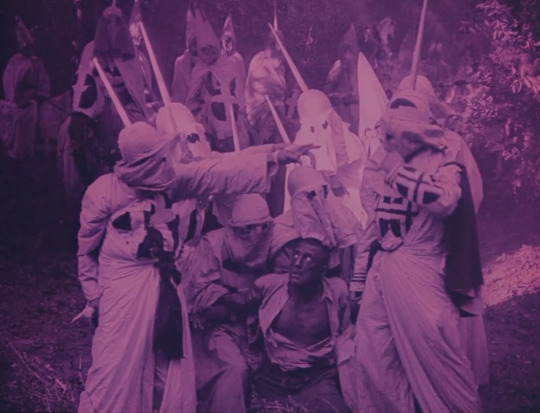
The Birth of a Nation (D. W. Griffith, 1915).
11 notes
·
View notes
Text
I hate when people say that we have to appreciate The Birth of a Nation, one of the most horrendously racist movies ever made, because "it was influential". Blackface minstrel shows remain MASSIVELY influential on comedy and culture, but doesn't mean we to have like those. Same shit with BOAN.
2 notes
·
View notes
Video
triple K in Canada
https://en.wikipedia.org/wiki/Ku_Klux_Klan_in_Canada
#tiktok#history#cananda#The birth of a nation#film history#books and literature#books and writing#canadian history
6 notes
·
View notes
Video
youtube
ANTES DE HOUSE OF HAMMER: DEZ FILMES PARA VER ARMIE HAMMER
#armie hammer#mirror mirror#the social network#call me by your name#timothee chamalet#j.edgar#leonardo dicaprio#gal gadot#death on the nile#agatha christie#sorry to bother you#terry crews#the man from uncle#henry cavill#the birth of a nation#hotel mumbai#nocturnal animals#jake gyllenhaal#amy adams#dev patel
4 notes
·
View notes
Text

On February 8, 1915, D.W. Griffith’s THE BIRTH OF A NATION, premiered at Clune’s Auditorium in Los Angeles. #OnThisDay
9 notes
·
View notes
Text


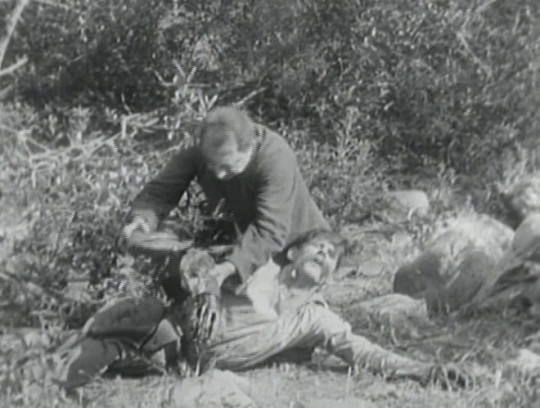



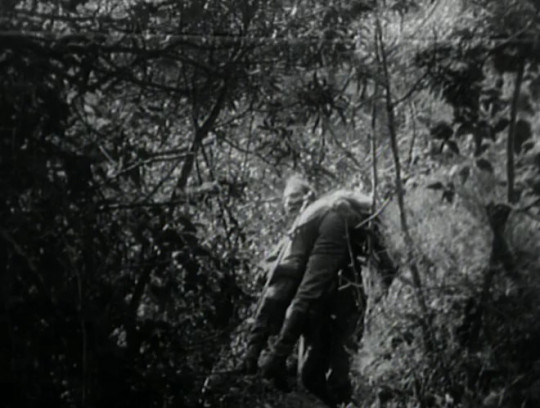
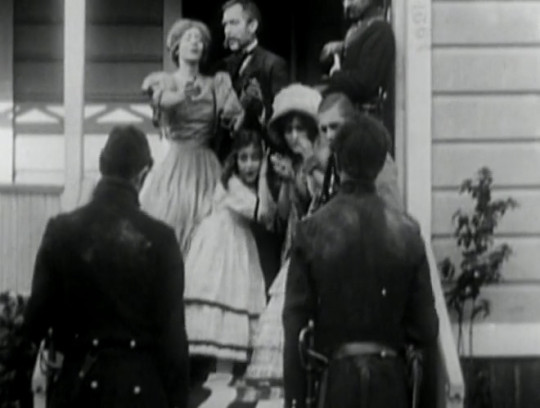



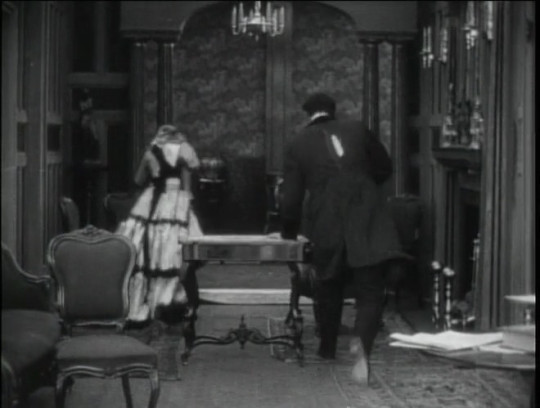


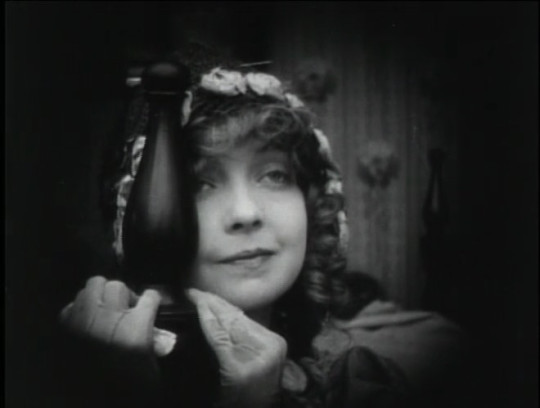

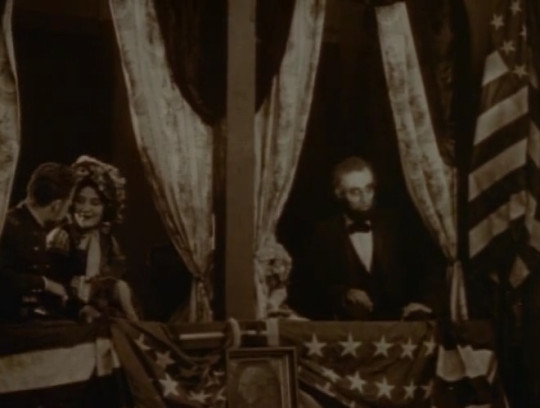


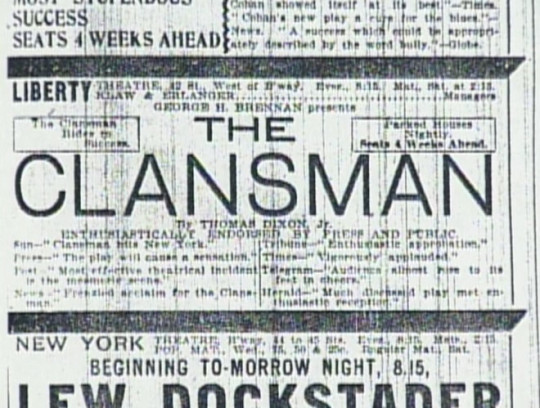




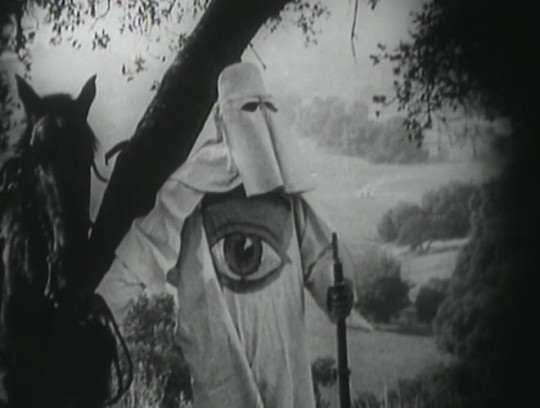
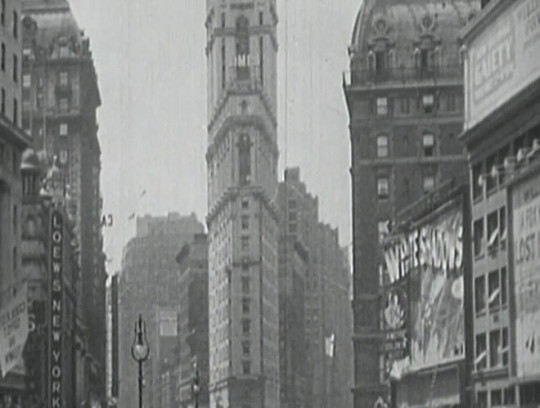
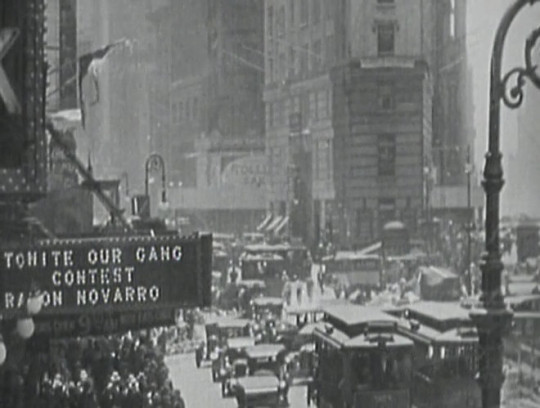

#the birth of a nation#d.w. griffith#1915#civil war#the clansman#thomas dixon#kkk#naacp#black panther#martin luther king#fassbinder#jfk#ragtime#robin and marian#the silence#battleship potemkin#intolerance#obst & gemüse oder der kunde ist könig#mode design
0 notes
Text
how the hell do you even rank this or Triumph of the Will?
this is the sort of film that produced Christina as much as Triumph of the Will produced the Nazi.
Neither has probably much explored the forces that produced them, if at all -- well those two films certainly are to blame in part.
Buster Keaton this one ain't, kids.
0 notes